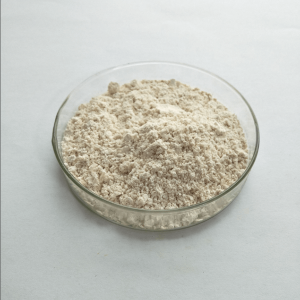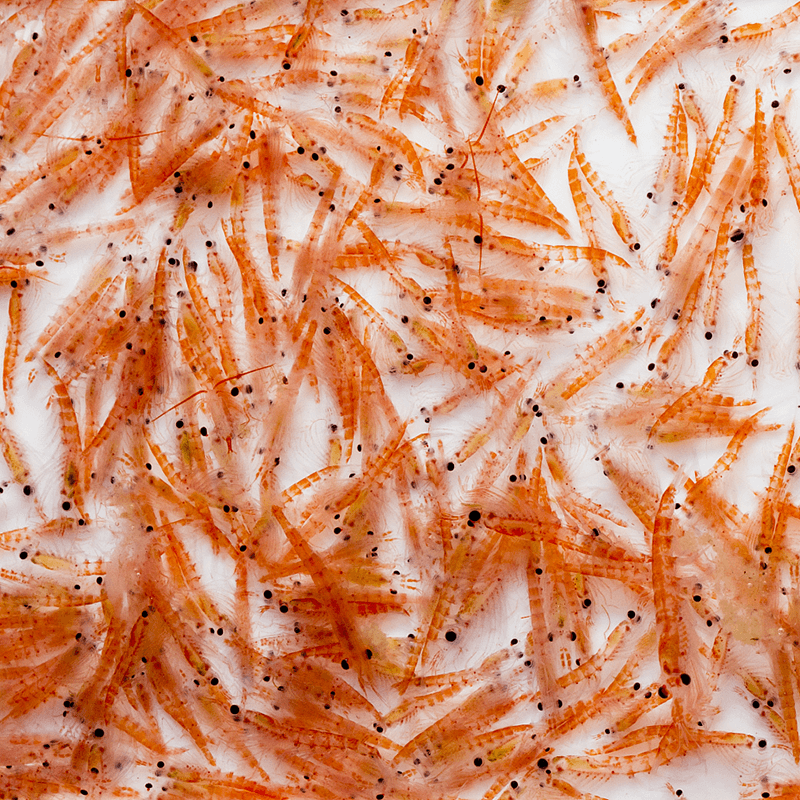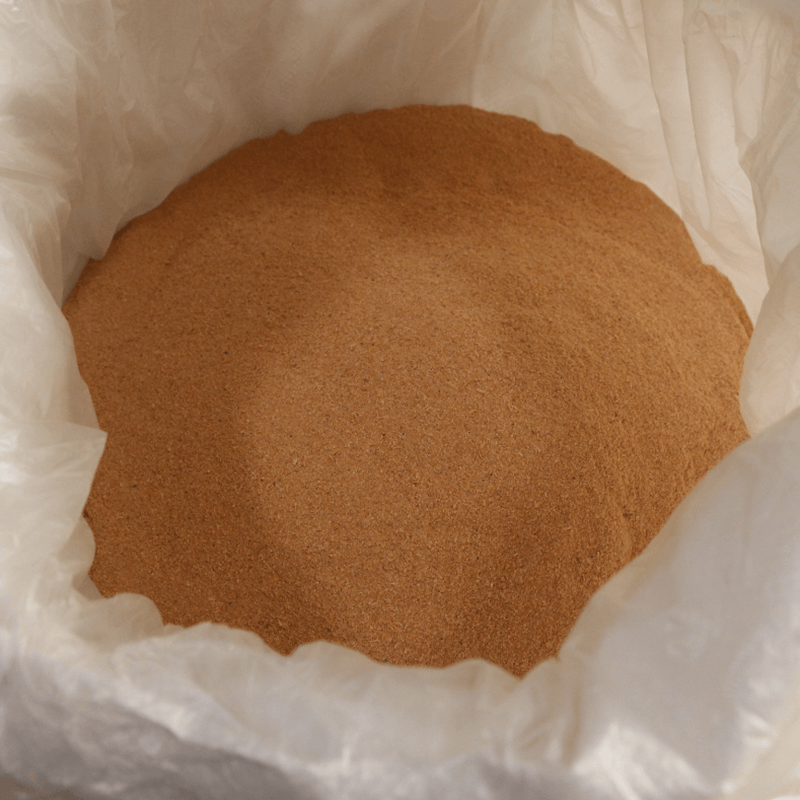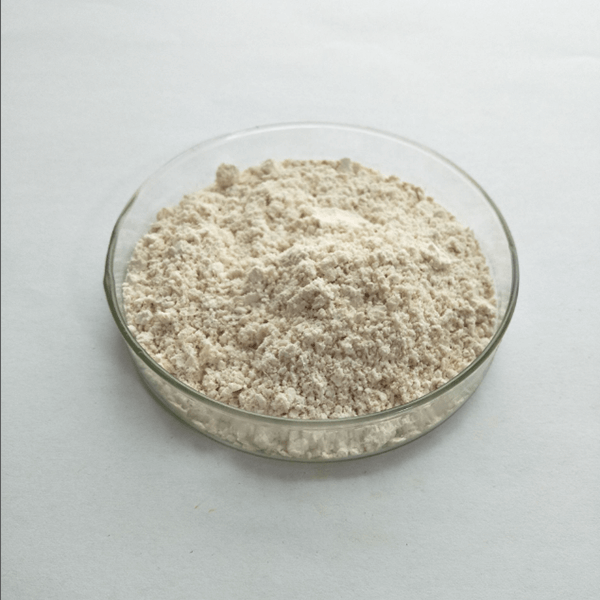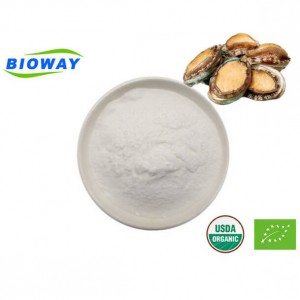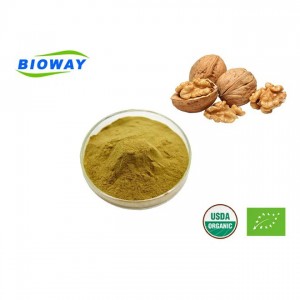Antarctic Krill Protein Peptides
Antarctic Krill Protein Peptides are small chains of amino acids derived from the protein found in Antarctic krill. Krill are tiny shrimp-like crustaceans that inhabit the cold waters of the Southern Ocean. These peptides are extracted from krill using specialized techniques, and they have gained attention due to their potential health benefits.
Krill protein peptides are known to be rich in essential amino acids, which are the building blocks of proteins. They also contain other nutrients such as omega-3 fatty acids, antioxidants, and minerals like zinc and selenium. These peptides have shown potential in various areas, including supporting cardiovascular health, reducing inflammation, promoting joint health, and enhancing cognitive function.
Supplementing with Antarctic Krill Protein Peptides may provide the body with valuable nutrients that support overall health and well-being. However, it is always advisable to consult with a healthcare professional before starting any new supplementation regimen.
| Items | Standard | Method |
| Sensory Indexes | ||
| Appearance | Red fluffy powder | Q370281QKJ |
| Odor | Shrimp | Q370281QKJ |
| Contents | ||
| Crude Protein | ≥60% | GB/T 6432 |
| Crude Fat | ≥8% | GB/T 6433 |
| Moisture | ≤12% | GB/T 6435 |
| Ash | ≤18% | GB/T 6438 |
| Salt | ≤5% | SC/T 3011 |
| Heavy Metal | ||
| Lead | ≤5 mg/kg | GB/T 13080 |
| Arsenic | ≤10 mg/kg | GB/T 13079 |
| Mercury | ≤0.5 mg/kg | GB/T 13081 |
| Cadmium | ≤2 mg/kg | GB/T 13082 |
| Microbial Analysis | ||
| Total plate count | <2.0x 10^6 CFU/g | GB/T 4789.2 |
| Mold | <3000 CFU/g | GB/T 4789.3 |
| Salmonella ssp. | Absence | GB/T 4789.4 |
Here are some key product features of Antarctic Krill Protein Peptides:
Derived from Antarctic krill: The protein peptides are sourced from krill species primarily found in the cold, pristine waters of the Southern Ocean surrounding Antarctica. These krill are known for their exceptional purity and sustainability.
Rich in essential amino acids: Krill protein peptides are composed of various essential amino acids, including lysine, histidine, and leucine. These amino acids play crucial roles in supporting protein synthesis and promoting overall bodily functions.
Omega-3 fatty acids: Antarctic Krill Protein Peptides contain omega-3 fatty acids, particularly EPA (eicosapentaenoic acid) and DHA (docosahexaenoic acid). These fatty acids are known for their cardiovascular benefits and support brain health.
Antioxidant properties: The product, derived from krill, contains natural antioxidants like astaxanthin, which may help protect cells from oxidative stress and support a healthy immune system.
Potential health benefits: Antarctic Krill Protein Peptides have shown promise in supporting overall cardiovascular health, reducing inflammation, promoting joint flexibility, and enhancing cognitive function.
Convenient supplement form: These protein peptides are often available in capsule or powder form, making it convenient to incorporate into daily dietary routines.
Antarctic Krill Protein Peptides offer several health benefits due to their unique composition. Here are some potential advantages:
High-quality protein source: Krill protein peptides provide a rich source of high-quality protein. They contain essential amino acids necessary for muscle growth, repair, and overall body function. Protein is essential for building and maintaining muscle mass, supporting healthy hair, skin, and nails, and aiding in various physiological processes.
Omega-3 fatty acids: Antarctic Krill Protein Peptides are a natural source of omega-3 fatty acids, including EPA and DHA. These fatty acids are vital for heart health, promoting normal blood pressure levels, maintaining healthy cholesterol levels, and reducing the risk of cardiovascular diseases.
Anti-inflammatory properties: Krill protein peptides have shown potential anti-inflammatory effects. Chronic inflammation is linked to various health conditions, including arthritis, diabetes, and heart disease. The anti-inflammatory properties of krill protein peptides may help reduce inflammation in the body and support overall wellness.
Antioxidant support: Antarctic Krill Protein Peptides contain astaxanthin, a potent antioxidant. Astaxanthin has been linked to several health benefits, including protecting cells from oxidative damage, supporting eye health, and boosting the immune system.
Joint health support: The omega-3 fatty acids and anti-inflammatory properties in Antarctic Krill Protein Peptides may help support joint health and reduce joint inflammation. This can be beneficial for individuals with conditions like arthritis or those seeking to maintain healthy joints.
Antarctic Krill Protein Peptides have a wide range of potential application fields, including:
Nutritional supplements: Krill protein peptides can be used as a natural and sustainable source of high-quality protein for nutritional supplements. They can be formulated into protein powders, protein bars, or protein shakes to support muscle growth and recovery.
Sports nutrition: Krill protein peptides can be incorporated into sports nutrition products, such as pre- and post-workout supplements. They provide essential amino acids that aid in muscle repair and recovery, as well as omega-3 fatty acids that support cardiovascular health.
Functional foods: Krill protein peptides can be added to various functional foods, including energy bars, meal replacement shakes, and healthy snacks. By incorporating these peptides, manufacturers can enhance the nutritional profile of their products and provide additional health benefits.
Beauty and skincare: The anti-inflammatory properties and antioxidant content of Antarctic Krill Protein Peptides can benefit the skin. They may be utilized in skincare products like creams, lotions, and serums to promote skin health, reduce inflammation, and protect against oxidative damage caused by free radicals.
Animal nutrition: Krill protein peptides can also be used in animal nutrition, particularly for pet food. They offer a nutrient-rich protein source that supports muscle development and overall health in animals.
It is worth noting that the application of Antarctic Krill Protein Peptides is not limited to these fields alone. Ongoing research and development may uncover additional uses and applications for this versatile ingredient in various industries.
The production process for Antarctic Krill Protein Peptides typically involves the following steps:
Harvesting: Antarctic Krill, a small crustacean found in the Southern Ocean, is sustainably harvested using specialized fishing vessels. Strict regulations are in place to ensure the ecological sustainability of the krill population.
Processing: Once harvested, the krill is immediately transported to processing facilities. It is important to maintain the freshness and integrity of the krill to preserve the nutritional quality of the protein peptides.
Extraction: The krill is processed to extract the protein peptides. Various extraction techniques can be employed, including enzymatic hydrolysis and other separation methods. These methods break down the krill proteins into smaller peptides, improving their bioavailability and functional properties.
Filtration and purification: After extraction, the protein peptide solution may undergo filtration and purification steps. This process removes impurities, such as fats, oils, and other unwanted substances, to obtain a purified protein peptide concentrate.
Drying and milling: The purified protein peptide concentrate is then dried to remove excess moisture and create a powder form. This can be done through different drying methods, such as spray drying or freeze drying. The dried powder is then milled to achieve the desired particle size and uniformity.
Quality control and testing: Throughout the production process, rigorous quality control measures are implemented to ensure product safety, purity, and consistency. This includes testing for contaminants, such as heavy metals and pollutants, as well as verifying the protein content and peptide composition.
Packaging and distribution: The final Antarctic Krill Protein Peptide product is packaged in suitable containers, such as jars or pouches, to maintain its freshness and protect it from environmental factors. It is then distributed to retailers or manufacturers for use in various applications.
It is important to note that specific manufacturers may have variations in their production processes depending on their equipment, expertise, and desired product specifications.
Express
Under 100kg, 3-5Days
Door to door service easy to pick up the goods
By Sea
Over300kg, Around 30 Days
Port to port service professional clearance broker needed
By Air
100kg-1000kg, 5-7Days
Airport to airport service professional clearance broker needed

Antarctic Krill Protein Peptides is certified by ISO, HALAL, KOSHER, and HACCP certificates.

While Antarctic Krill Protein Peptides offer numerous benefits, it is important to consider potential disadvantages as well. Some of the disadvantages include:
Allergies and sensitivities: Some individuals may have allergies or sensitivities to shellfish, including krill. Consumers with known shellfish allergies should exercise caution when consuming Antarctic Krill Protein Peptides or products derived from krill.
Limited research: Although research on Antarctic Krill Protein Peptides is growing, there is still a relatively limited amount of scientific evidence available. More studies are needed to fully understand the potential benefits, safety, and optimal dosage of these peptides.
Potential environmental impact: While efforts are made to sustainably harvest Antarctic krill, concerns exist about the potential impact of large-scale krill fishing on the delicate Antarctic ecosystem. It is important for manufacturers to prioritize sustainable sourcing and fishing practices to minimize environmental harm.
Cost: Antarctic Krill Protein Peptides may be more expensive compared to other protein sources or supplements. The cost of harvesting and processing krill, as well as the limited availability of the product, can contribute to the higher price point.
Availability: Antarctic Krill Protein Peptides may not be as readily available as other protein sources or supplements. Distribution channels may be limited in some regions, making it more challenging for consumers to access the product.
Taste and odor: Some individuals may find the taste or odor of Antarctic Krill Protein Peptides unpleasant. This can make it less desirable for those who are sensitive to fishy tastes or smells.
Potential interactions with medications: It is advisable for individuals taking certain medications, such as blood thinners, to consult with a healthcare professional before consuming Antarctic Krill Protein Peptides. Krill supplements contain omega-3 fatty acids, which can have anticoagulant effects and may interact with blood-thinning medications.
It is important to consider these potential disadvantages and consult with a healthcare professional before incorporating Antarctic Krill Protein Peptides into your diet or supplementation routine.




